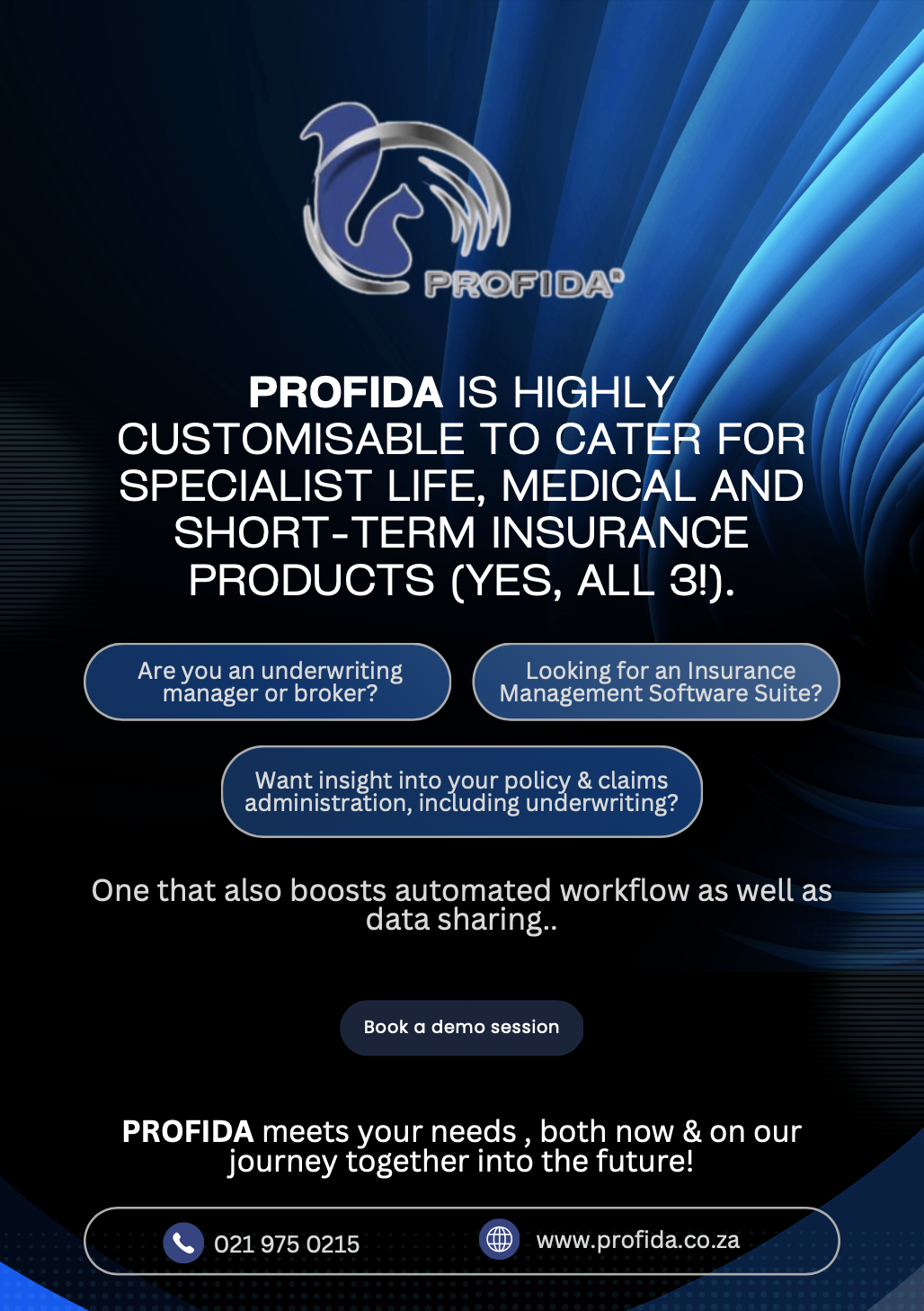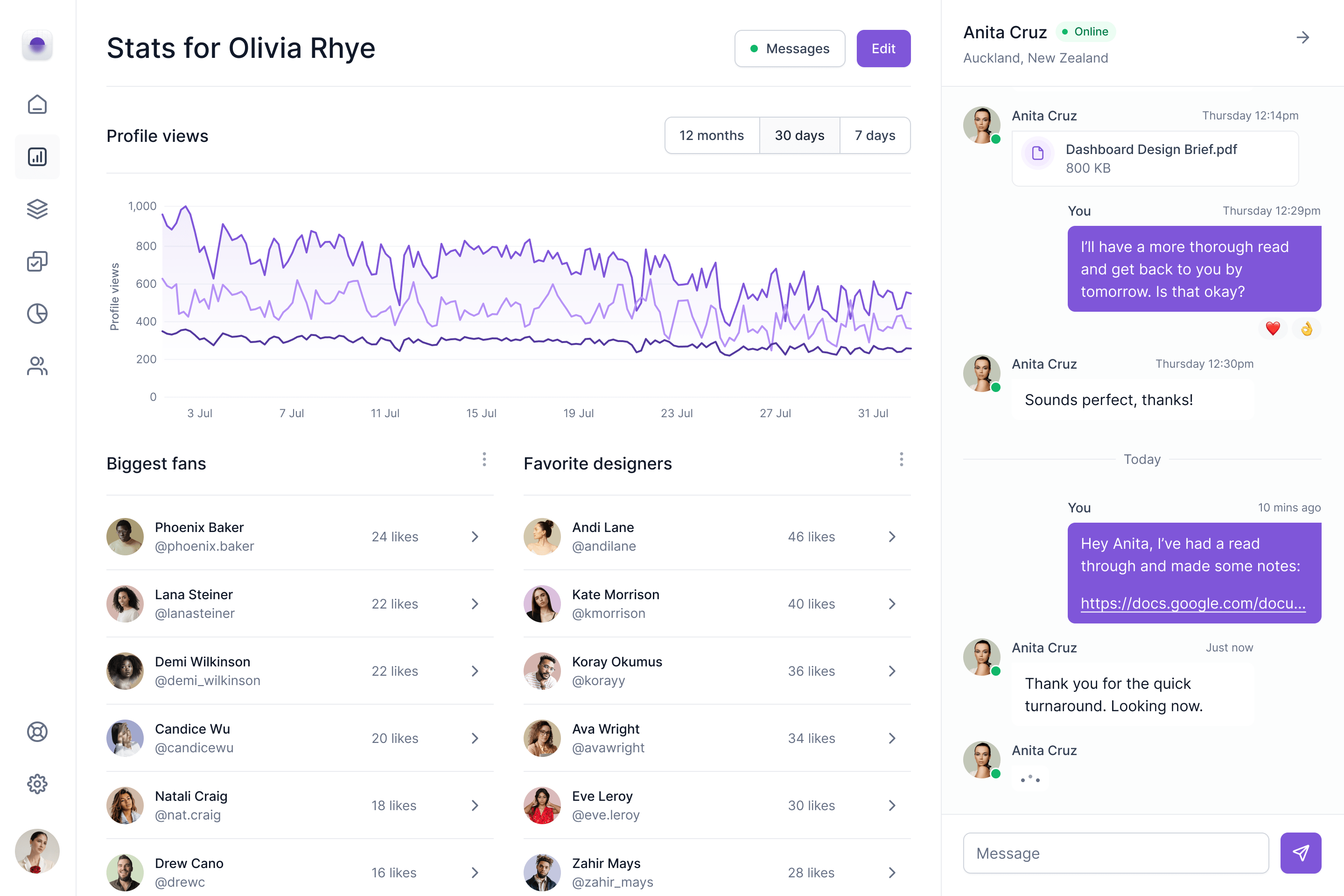Local insurers making great strides - South African insurers are also making steady progress in adopting new technologies. Encouragingly, we are not just copying what is happening globally, but we are adapting those ideas to fit our own landscape.
From a big data perspective, local insurers are also using AI to enable scalable pattern recognition across the full claims portfolio. The technology often spots things a human or a more rudimentary data analytics system may miss, allowing us to predict what is coming more confidently – and then to position accordingly.
At SHA for instance, Africa’s largest niche casualty insurance provider and a division of Santam, we have started building systems to detect early warning signals (based on past experience), into our Directors & Officers liability insurance risk monitoring. Criteria such as a pattern of shareholder dissent on director pay at AGMs can signal deeper governance issues. Using these insights, we then open a conversation with the client to flag emerging risks so that they can be dealt with early on. It’s a shift toward real-time feedback loops, not just post-claim analysis, and it helps us understand risks while they’re still taking shape.
In the motor space, several local insurers are now using driving behaviour data to personalise premiums, particularly in the fleet space. But unlike overseas models that focus on rewards for “good driving” only, some local systems factor in criteria like time of day, route risk, and even whether the driver takes breaks. Our road risks and crime dynamics are very different in South Africa, so this kind of adaptation shows how local context shapes innovation.
Tech-powered humanity - AI powered behavioural insights are also supporting more personalised products and empathetic claims experiences – enabling us to rethink how we engage.
A key part of this is the ability of tech to make space for human connections. At SHA, the aim is to use AI to free up specialist time by using automation where it makes sense. This allows teams to spend more energy on proactive client support and building relationships. Instead of sitting capturing basic information into a computer system, time is freed up to engage directly with clients on trends and emerging risks.
We often meet our clients at the worst moments such as a cyberattack, or a director being served with legal papers in their personal capacity. If there is already a relationship in place, and the client knows who to call, that crisis becomes more manageable. It moves from a claims process to a conversation with someone they already trust.
To unearth the insights that support a proactive engagement model requires the effective harnessing of collective corporate knowledge. SHA is currently working on a new tool that captures the individual experience of our claims and underwriting experts. This helps us build objectivity and consistency into decision-making, without losing human judgement. It’s still in early development, but the goal is to continually learn from what we already know, at scale.
Local insurers must adapt responsibly - While South African insurers are making encouraging progress in terms of tech adoption at scale, doing this responsibly comes with challenges.
Critical to the longevity of the industry, making sure that we use these tools in a way that strengthens trust, not undermines it. That means decisions made with AI need to be explainable, especially if they impact claims or premiums.
We also need to be careful with the quality of the data we use. South Africa is a diverse market, and if the data isn’t representative or well understood, it can lead to blind spots and biases. Additionally, evolving data and privacy laws – as well as future AI-specific legislation – will also play a role in the extent to which the industry can utilise data in regard to its technological innovations.
Lastly, and perhaps ironically, people are central to the effective adoption of tech in the industry. The right skills are hard to find. We need people who understand the tech, and the human and insurance sides of the equation. Building a skills pipeline is therefore a crucial focus for the industry.






